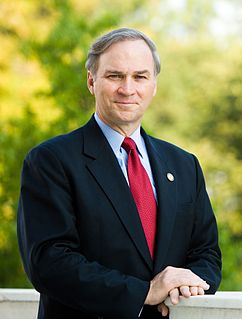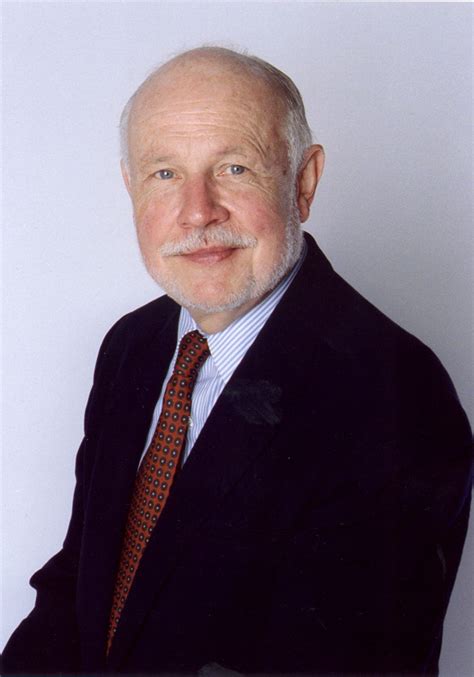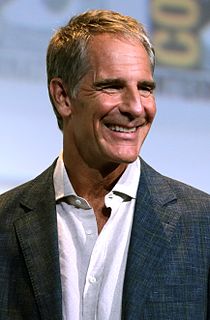A Quote by Randy Forbes
As a member of the House Subcommittee on Space and Aeronautics, I am a firm believer in the American space program.
Quote Topics
Related Quotes
For me space rock is something that takes you out of yourself and out of your normal realm. And if space happens to be that inner space or outer space it's a very personal thing. I think that mantra is space music. I think that Native American tribal drumming is space music. Anything that allows you to go inward to go outward and to move within a space that is not normal to your reality.
One of the great intellectual mistakes Einstein made is that he thought that space and time are physically or ontologically entangled. In the present non-spatial universal computational program, space and time happen to be entangled to the extent that, under certain unique circumstances, changes in spatial measurements indicate changes in temporal ones. However, a change in the program itself may cause space and time to disentangle.
































